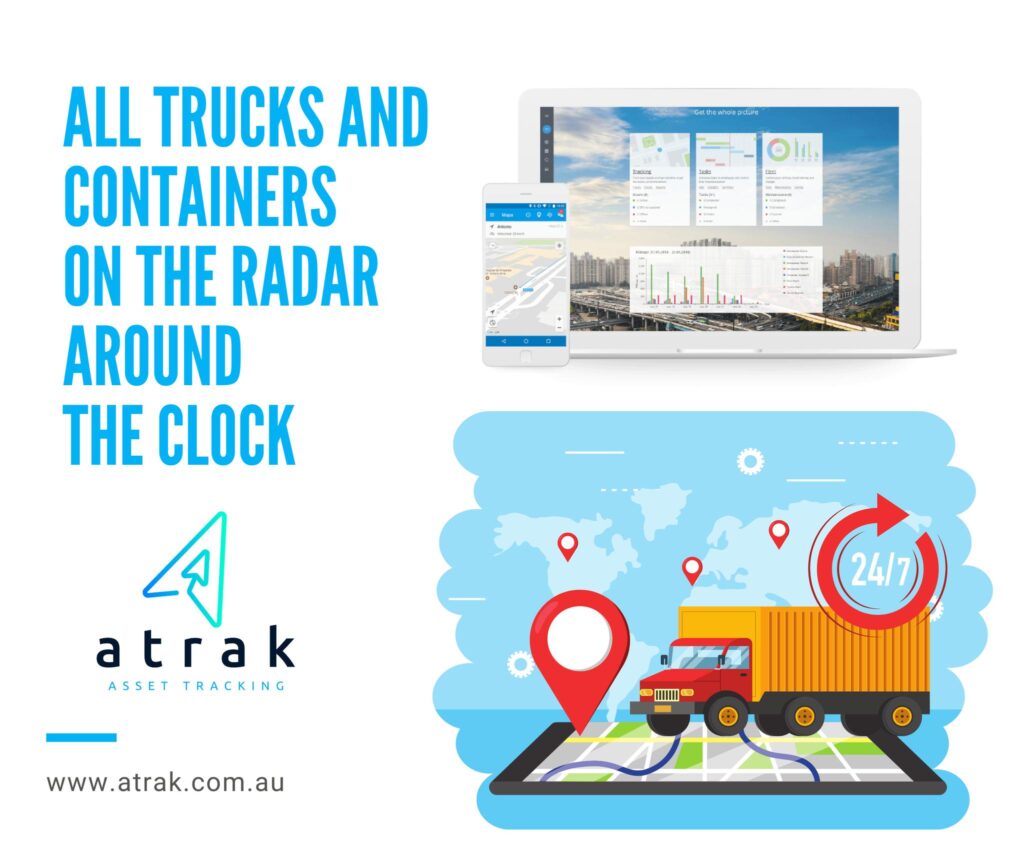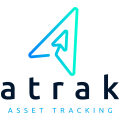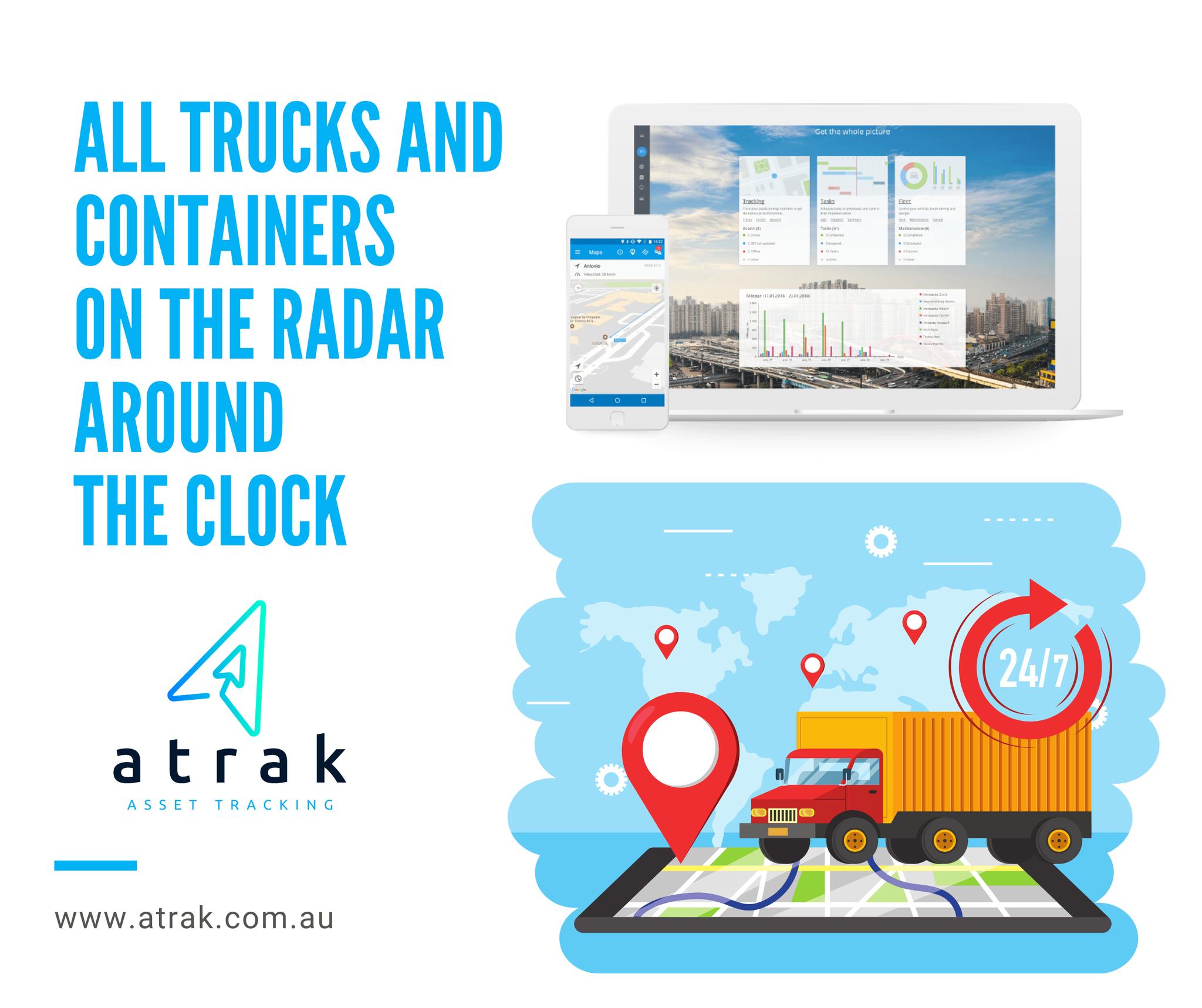In today’s fast-paced business world, companies are constantly looking for ways to increase efficiency and productivity while reducing costs. One way that companies are achieving this is by using GPS tracking for their assets. GPS devices and softwares allows businesses to keep track of their equipment and vehicles, making it easier to manage their operations and keep track of their assets.
Global Positioning System, is a satellite-based system that provides real-time location data for assets equipped with GPS tracking devices. These devices are small and can be easily attached to vehicles, machinery, and other valuable assets. With the help of GPS technology, companies can track their assets in real-time, making it easier to manage their fleet and equipment.
There are several reasons why companies use GPS tracking for their assets. Let’s take a look at some main benefits.

- Asset Tracking and Management
- One of the most significant benefits of GPS tracking devices is the ability to track and manage assets more effectively. By knowing the exact location of each asset, companies can optimize their operations and minimize downtime. GPS tracking can also help companies keep track of maintenance schedules, reducing the risk of breakdowns and equipment failures.
- Improved Efficiency
- GPS tracking device can help companies improve their efficiency by providing real-time data on asset location and status. This data can be used to optimize routes, reduce idle time, and improve overall productivity. With GPS tracking, companies can also monitor driver behavior, such as speeding or excessive idling, which can help improve fuel efficiency and reduce costs.
- Increased Security
- GPS tracking devices or software products can also help increase the security of company assets. By knowing the exact location of each asset, companies can quickly respond to theft or unauthorized use. GPS devicescan also help companies recover stolen assets quickly, reducing the risk of lost revenue and downtime.
- Cost Reduction
- Using GPS devices for assets can help companies reduce costs in several ways. By improving efficiency and reducing downtime, companies can save on fuel and maintenance costs. GPS devices can also help reduce insurance premiums, as insurance companies view GPS tracking as a security measure that reduces the risk of theft or loss.
- Regulatory Compliance
For companies that operate in heavily regulated industries, GPS devices or software programs can help ensure compliance with regulations. For example, companies that transport hazardous materials must comply with strict safety regulations. GPS devices can help these companies ensure that their vehicles are traveling on approved routes and are not exceeding weight limits.
In conclusion, GPS for assets has become increasingly popular among companies that want to improve efficiency, reduce costs, increase security, and ensure regulatory compliance. With the ability to track assets in real-time, companies can optimize their operations, reduce downtime, and improve overall productivity. As GPS technology continues to evolve, we can expect to see even more companies adopting GPS tracking in Melbourne for their assets.

